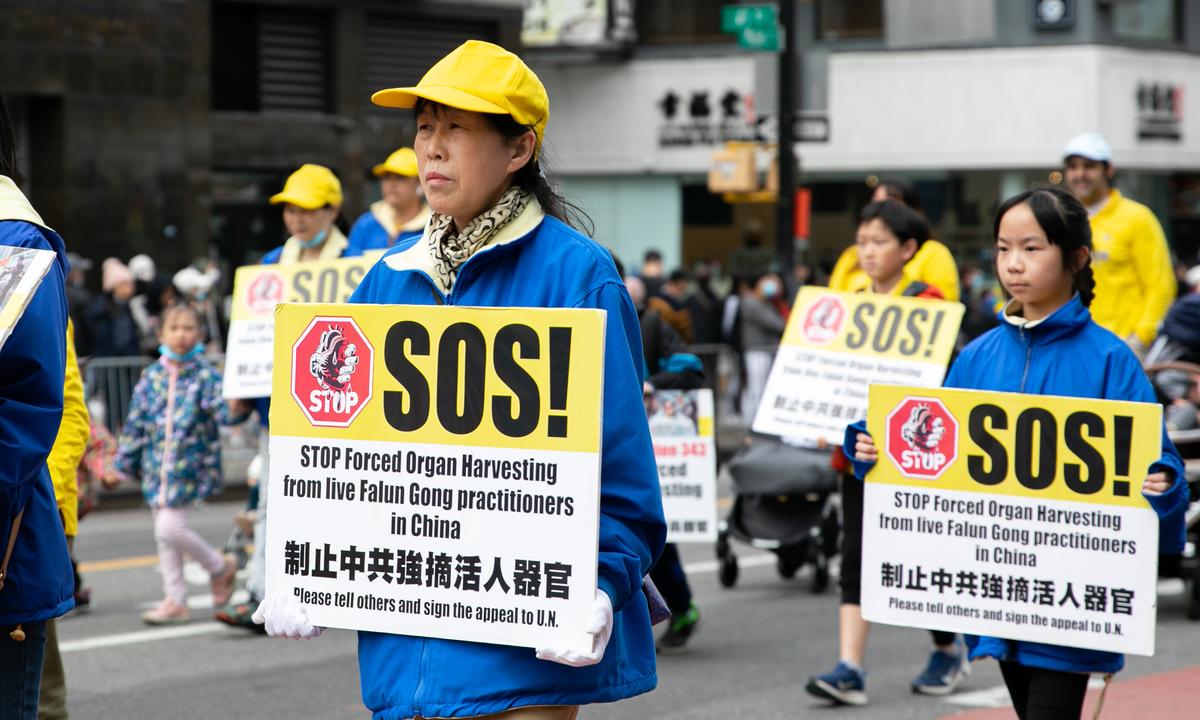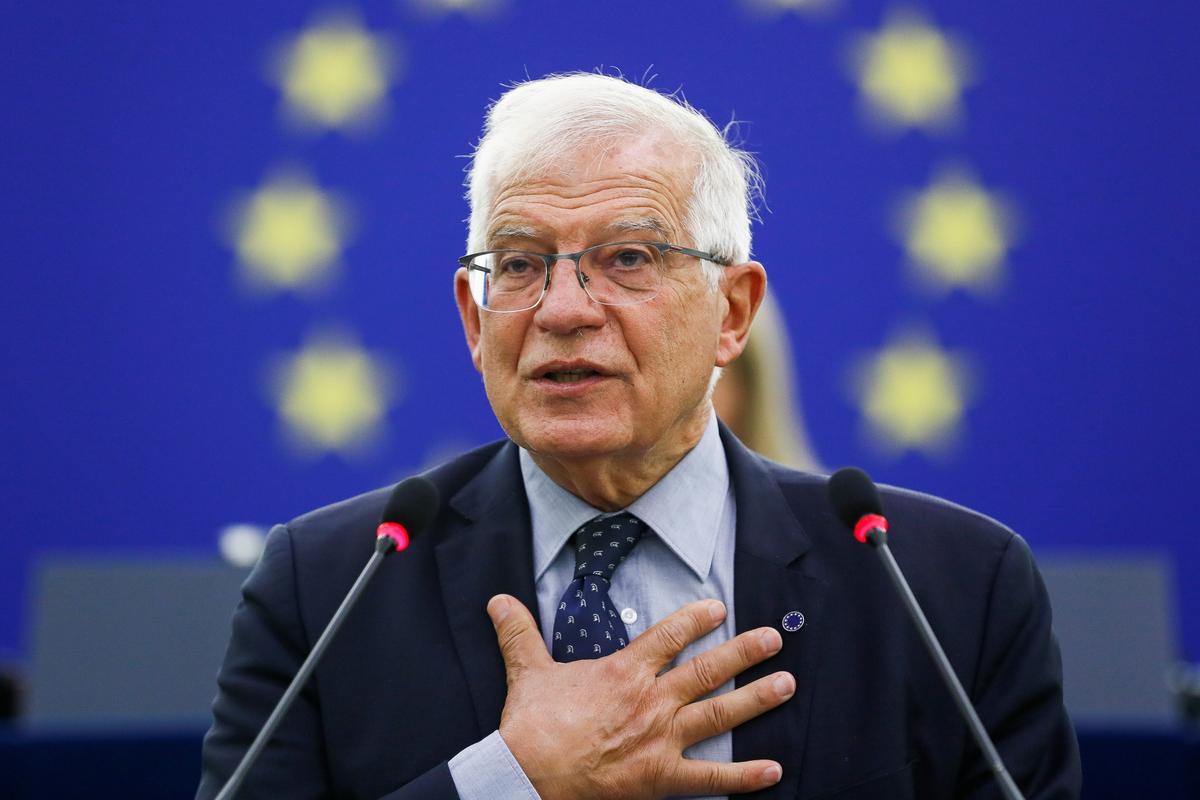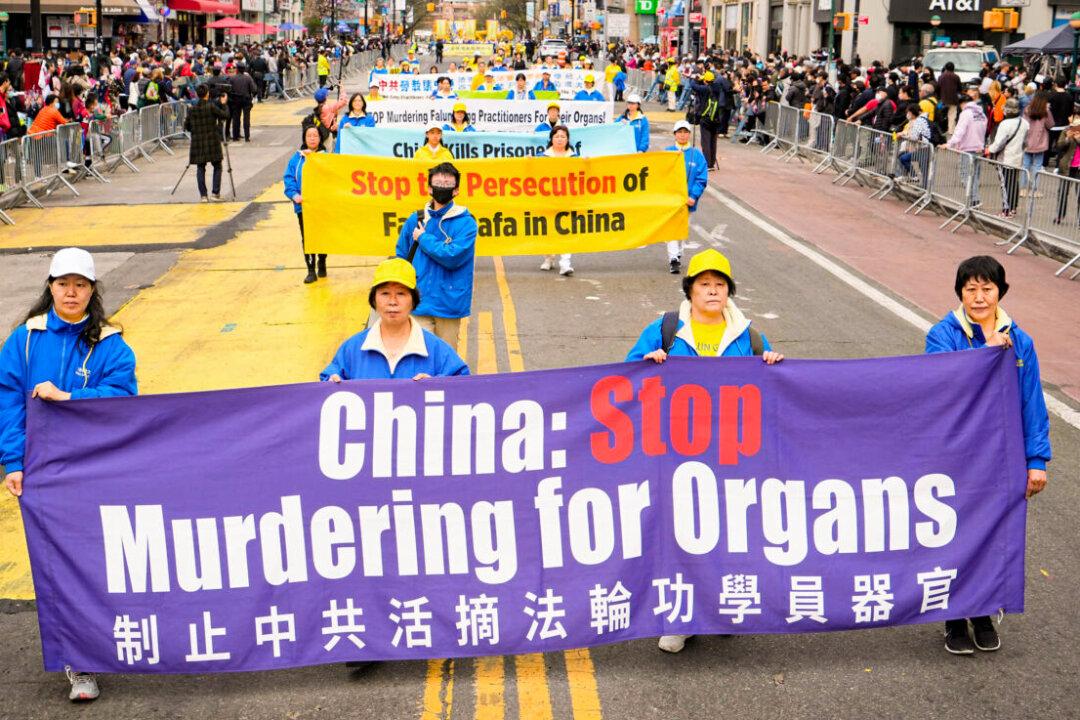The European Parliament has adopted a resolution voicing “serious concerns” about the Chinese regime’s ongoing forced organ harvesting, while calling on its member states to publicly condemn the abuse.
“Parliament expresses serious concern about reports of persistent, systematic, inhumane and state-sanctioned organ harvesting from prisoners in China, and more specifically from Falun Gong practitioners,” reads a statement dated May 5 following the adoption of the text.
The Parliament members “consider that the practice of organ harvesting from living prisoners on death row and prisoners of conscience in China may amount to crimes against humanity,” it reads.
Falun Gong is a spiritual practice consisting of meditative exercises and moral teachings based on the principles of truthfulness, compassion, and tolerance. In 1999, adherents became the target of a sweeping persecution campaign by Beijing after the practice’s vast popularity was perceived as a threat to the communist regime’s authoritarian control on society. Millions of detained Falun Gong practitioners around the country were essentially turned into a large involuntary organ bank for the Chinese regime’s hungry organ transplant system.

The EU resolution noted that the regime refused to testify before the China Tribunal.
The resolution further denounced the lack of independent oversight on whether detainees had given consent to organ donation, and the Chinese authorities’ silence on reports that families were being prevented from claiming the bodies of loved ones who died in detention.
Human Rights ‘Not an Option’
The passage of the resolution came ahead of U.N. High Commissioner for Human Rights Michelle Bachelet’s planned trip to China, and the European Parliament in the resolution urged the human rights body to investigate the issue during the visit.EU’s top foreign policy official Josep Borrell a day earlier highlighted the issue during a parliamentary debate, saying the 27-member bloc “condemns in the strongest possible terms the criminal, inhumane and unethical practice of forced organ harvesting.”

Borrell’s speech was applauded by U.S. Rep. Gus Bilirakis (R-Fla.), who serves as the co-chairman of the International Religious Freedom Congressional Caucus.
“China’s abominable human rights record, including the inhumane practice of organ harvesting of ethnic and religious minorities, will no longer be swept under the rug,” he told The Epoch Times. “It is imperative that the United States and her allies send a strong and unwavering message in defense of basic human rights and protections for all people.”
Others believe the measure is still far from solving the problem.
Torsten Trey, executive director of the medical ethics advocacy group Doctors Against Forced Organ Harvesting, noted the international community’s prolonged silence on the matter.
“Three years have passed since the China Tribunal concluded that China is killing people for their organs. For over two decades China has persecuted Falun Gong practitioners and probably killed over a million of them, probably more than [the fatalities] in Ukraine up to today,” he told The Epoch Times.
Compared to the world’s response to the war in Ukraine, the resolution has been “a feeble call to a communist regime that backs up Russia in its aggression,” he said.
“We need actions on China, not calls. China heard these calls for two decades and ignored them,” he said.
“At this point, Europe is being challenged by the CCP: Will Europe make basic human rights and values a non-negotiable condition for partnership, or ignore the gruesome practice of forced organ harvesting from living Falun Gong practitioners in China?”





